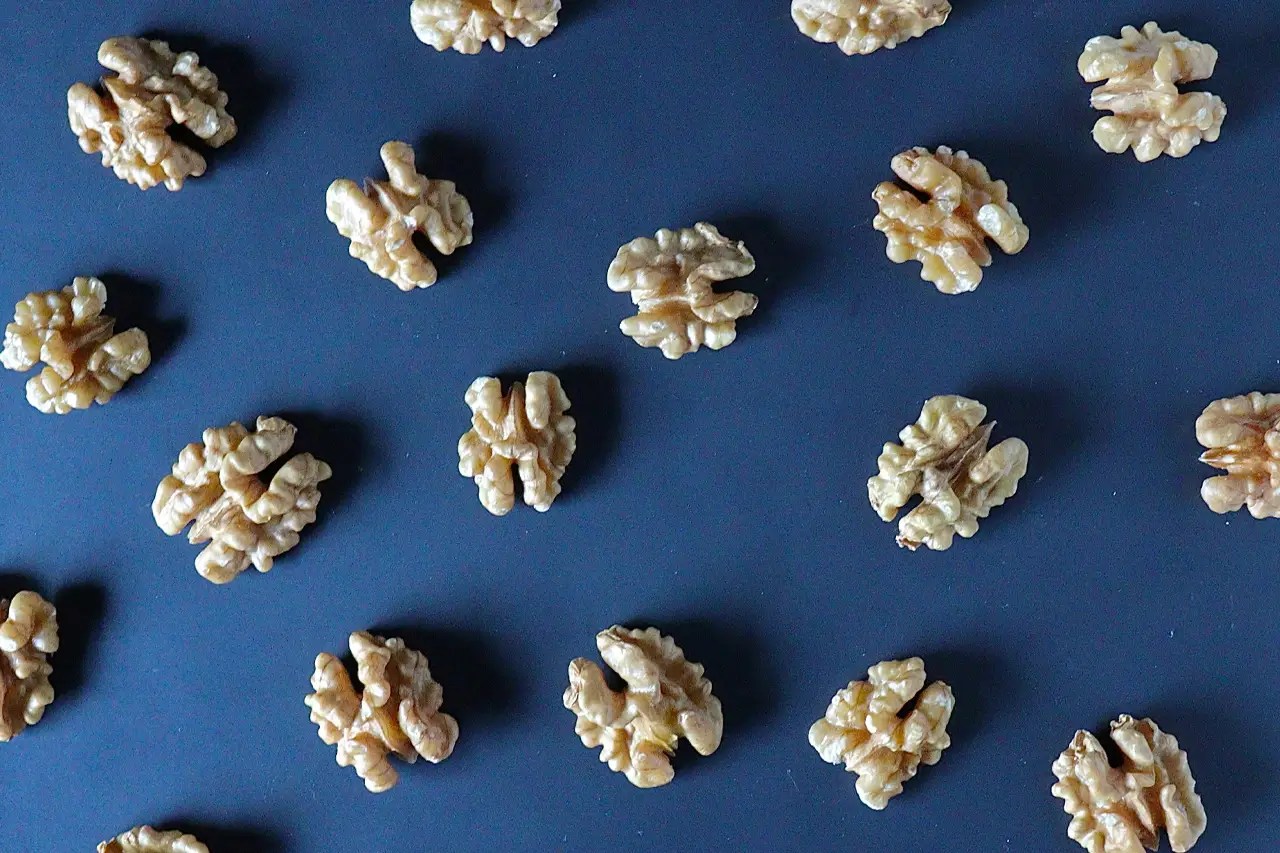What if the key to better health has been right under your nose all along?
For decades, the mouth and body were treated as separate systems, but science now tells a very different story. We now know that your oral health directly impacts your heart, brain, and even hormone balance. That’s where oral microbiome testing comes in. This groundbreaking, non-invasive testing is a way to uncover what your mouth might be trying to tell you about your overall health.
At Sprout Nourishment, we’re partnering with Dr. Katie Lee of Collective Health Society to bring this cutting-edge testing to our community. Through a simple saliva test, you can gain incredible insight into the bacteria living in your mouth and how they may be influencing your body, from inflammation and gut health to energy levels and disease risk.
What Is Oral Microbiome Testing?
Oral microbiome testing (also known as salivary testing) uses DNA analysis to identify the exact bacteria present in your saliva. These aren’t just random microbes; many of them have been scientifically linked to serious health conditions including:
- Heart disease and stroke (up to 50% triggered by oral bacteria)
- Alzheimer’s disease (70% higher likelihood in those with gum disease longer than 10 years)
- Cancer (up to 50% greater risk)
- Diabetes (95% of those with diabetes also have gum disease)
Because these bacteria and their toxins can travel through the bloodstream, they create inflammation far beyond your mouth, affecting your heart, arteries, brain, and immune system.
This test provides a clinical picture that traditional dental exams simply can’t reveal. By understanding the makeup of your oral microbiome, we can personalize your nutrition, supplement, and lifestyle plan to support healing from the inside out.
Why This Matters for Whole-Body Health
Nearly 90% of adults have some form of gum disease, often without symptoms. When left unchecked, harmful bacteria form sticky biofilms that damage the gums and bone supporting your teeth. But the real danger happens when those pathogens enter your bloodstream, where they can:
- Increase inflammation throughout the body
- Contribute to insulin resistance and hormone imbalance
- Seed the gut, contributing to dysbiosis and digestive issues
- Influence cognitive decline and brain inflammation
- Weaken your immune defenses and slow healing
Who Should Consider Oral Microbiome Testing
While everyone can benefit, testing is especially valuable for those who:
- Experience bleeding gums or gum sensitivity
- Have diabetes, prediabetes, or metabolic syndrome
- Are pregnant, trying to conceive, or dealing with fertility challenges
- Have a history of heart disease, stroke, or high blood pressure
- Struggle with autoimmune conditions such as rheumatoid arthritis
- Deal with chronic gut issues or inflammation
- Are concerned about Alzheimer’s or cognitive decline
Our Favorite Transdermal Magnesium Products
Because oral bacteria influence so many systems, understanding your unique bacterial profile can be a powerful first step toward preventative care and functional wellness.
At Sprout Nourishment, we believe in root-cause wellness, not just treating symptoms. By addressing oral pathogens and the inflammation they cause, we can help you take proactive steps toward preventing disease and restoring balance.
This test bridges the gap between oral care and total body health, giving you the clarity to make informed decisions for your future wellbeing.
With your Oral Microbiome Test purchase you’ll receive:
- Professional interpretation of results
- An in-person review with Biologic Dentist Dr. Katie Lee, DDS at Collective Health Society where she provides personalized treatment recommendations
Ready to Discover What Your Saliva Can Reveal?
Your mouth might just hold the answers you’ve been looking for. Schedule your oral microbiome consultation with Jaci today to learn what your results reveal about your unique path to wellness.










